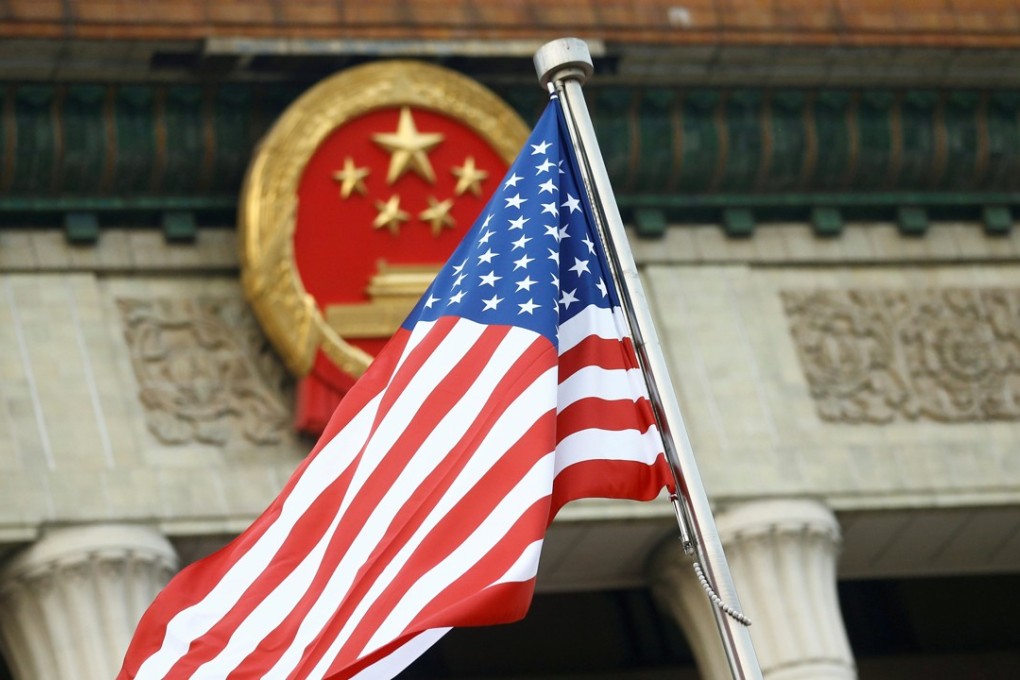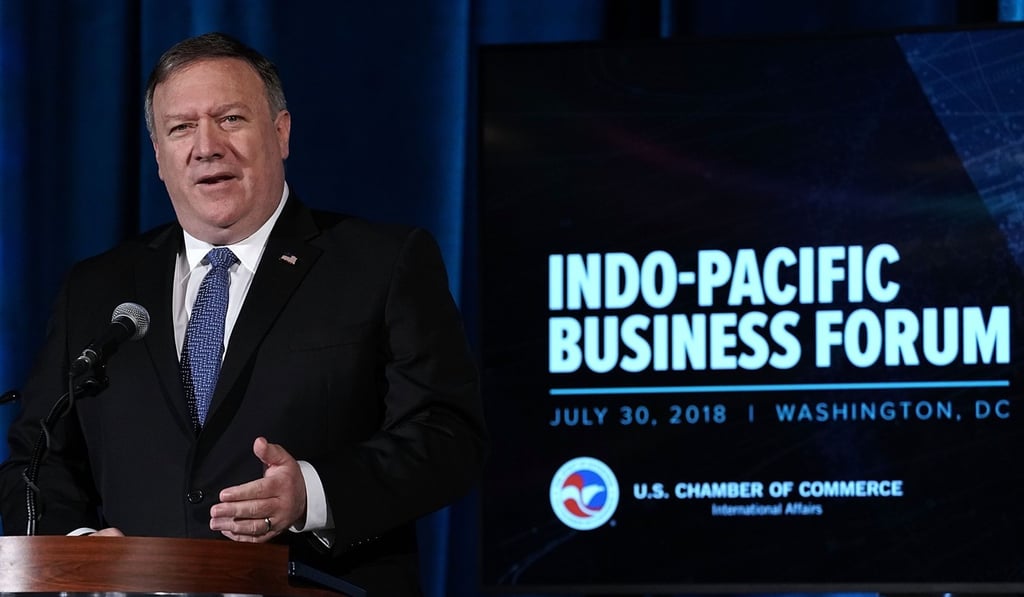US aims to curb China’s dominance in trade
The United States’ much-hyped Indo-Pacific Strategy is a tool to counter what it sees as China’s quest for economic and political hegemony in the region via its global trade network

The United States’ much-hyped Indo-Pacific Strategy (IPS), a US$113 million initiative for infrastructure development, is a mere drop in the ocean compared to China’s multi-trillion-dollar investments in its “Belt and Road Initiative”.
However, for the US, it is merely a tool to counter what it sees as China’s quest for economic and political hegemony in the region via its global trade network, says Anu Anwar, a master’s candidate in public policy for sustainable development at Tsinghua University in Beijing, who says the US wants to give countries another option to seek infrastructure funding outside the Asian Development Bank and China’s plan to increase global trade.
“First of all, we need to understand the notion and background of these two initiatives,” said Anwar. “The US is already the de facto hegemonic country in the world, and possesses around 800 military bases in 70 countries, and it is an apparent unparalleled superpower. It is highly unlikely to feel the urgency to take over more ports or lands for further militarisation or whatever the purpose for further usage.
“China is a new rising power and the world’s second-largest economy which is highly dependent on exports that account for 40 per cent of its total GDP. China is facing enormous challenges in border areas, especially the coastal region on the southeast and inland areas around the autonomous region in the southwest. In addition, her vulnerability in the Strait of Malacca prompted China to secure strategic locations such as Hambantota [in Sri Lanka] or Gwadar [in Balochistan province, Pakistan].
“It seems the US will consider strategic advantages to win over China through using her soft power and technological advantages and counter China with a wide range of tools, apart from its Indo-Pacific Strategy, such as the trade war.”

Anwar described it as a “new era in US economic commitment to peace and prosperity in the Indo-Pacific” in the hope that Asian countries will make the most of US largesse to invest in development programmes without becoming enslaved, as is seemingly happening with Chinese projects such as Sri Lanka’s Hambantota port.
